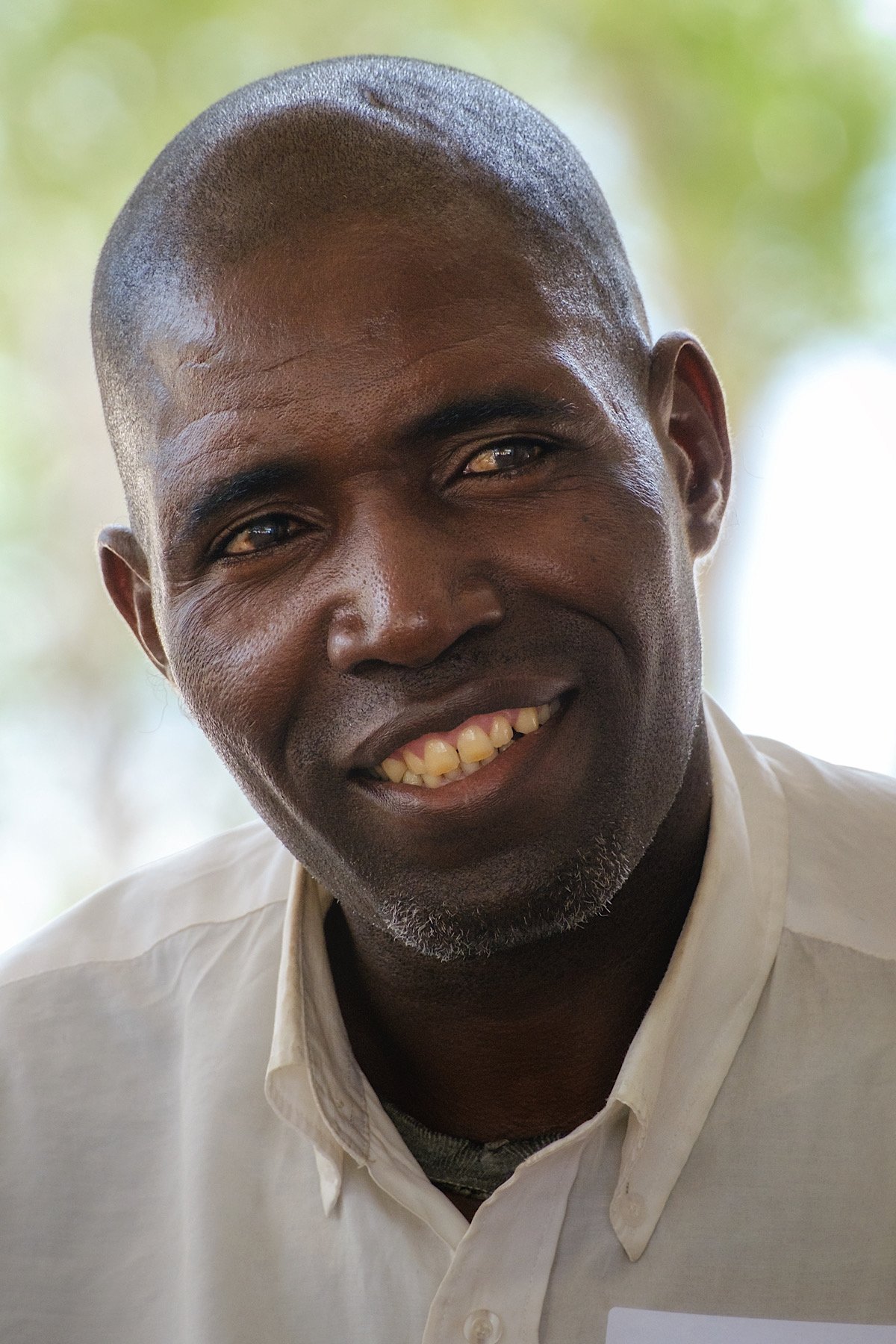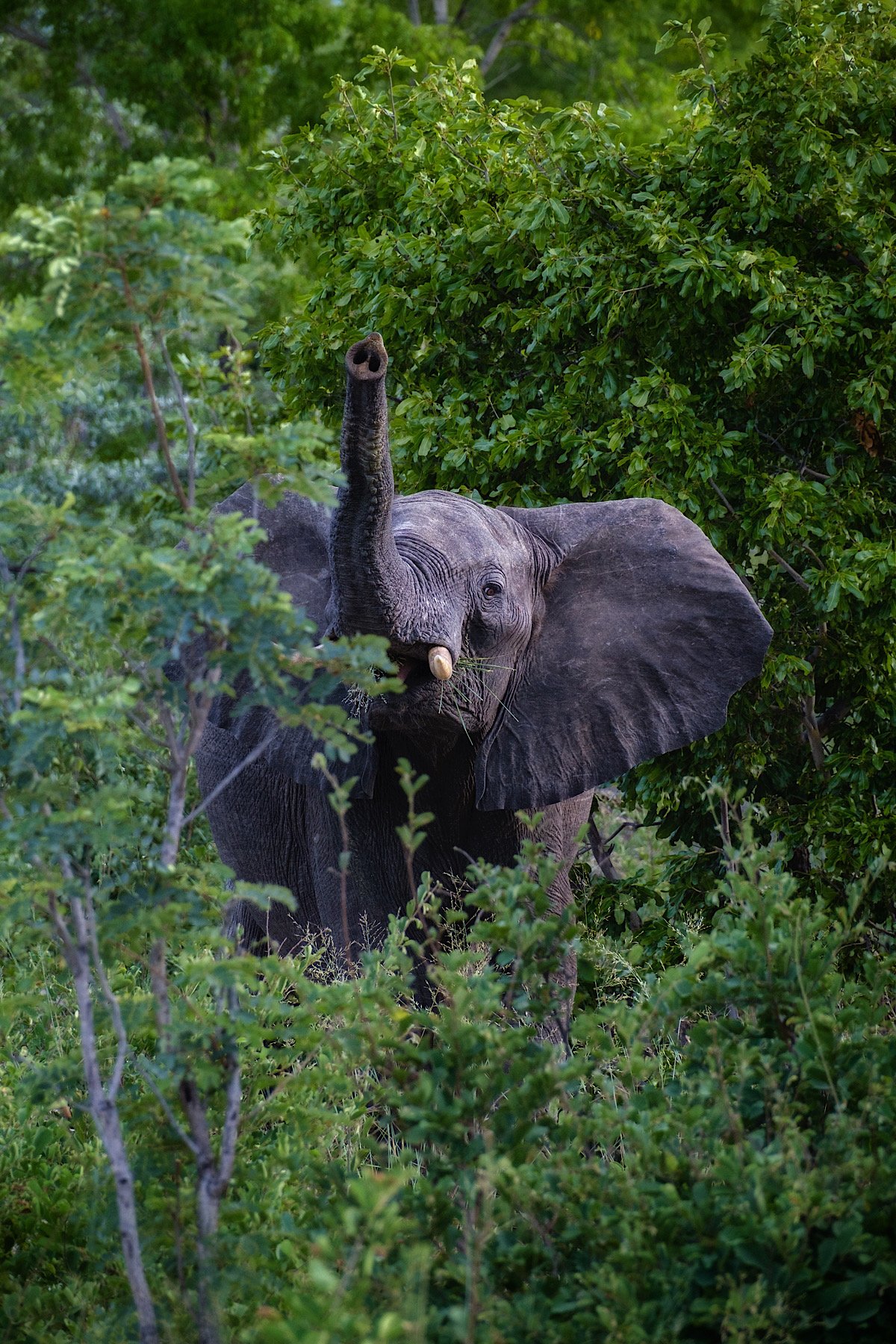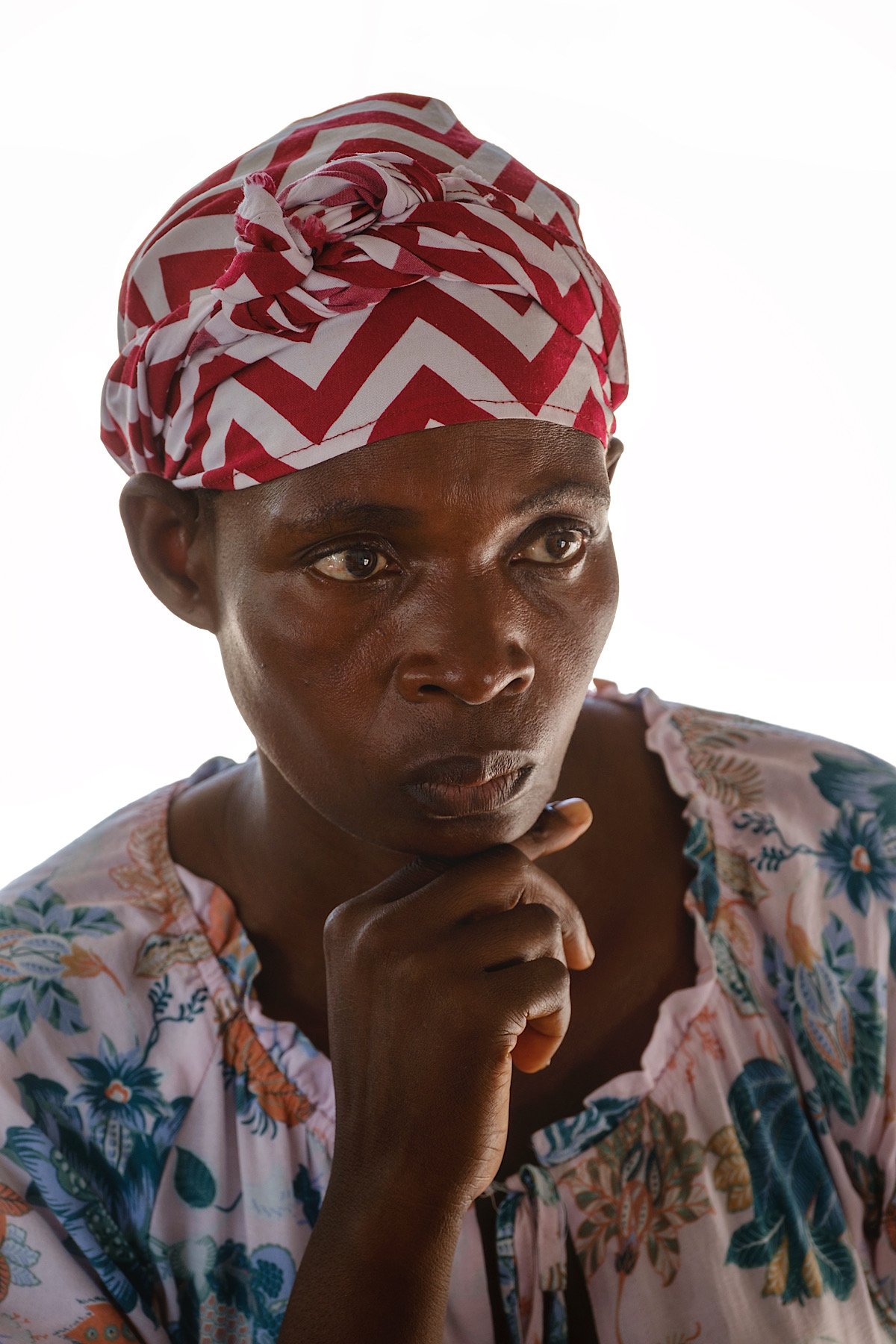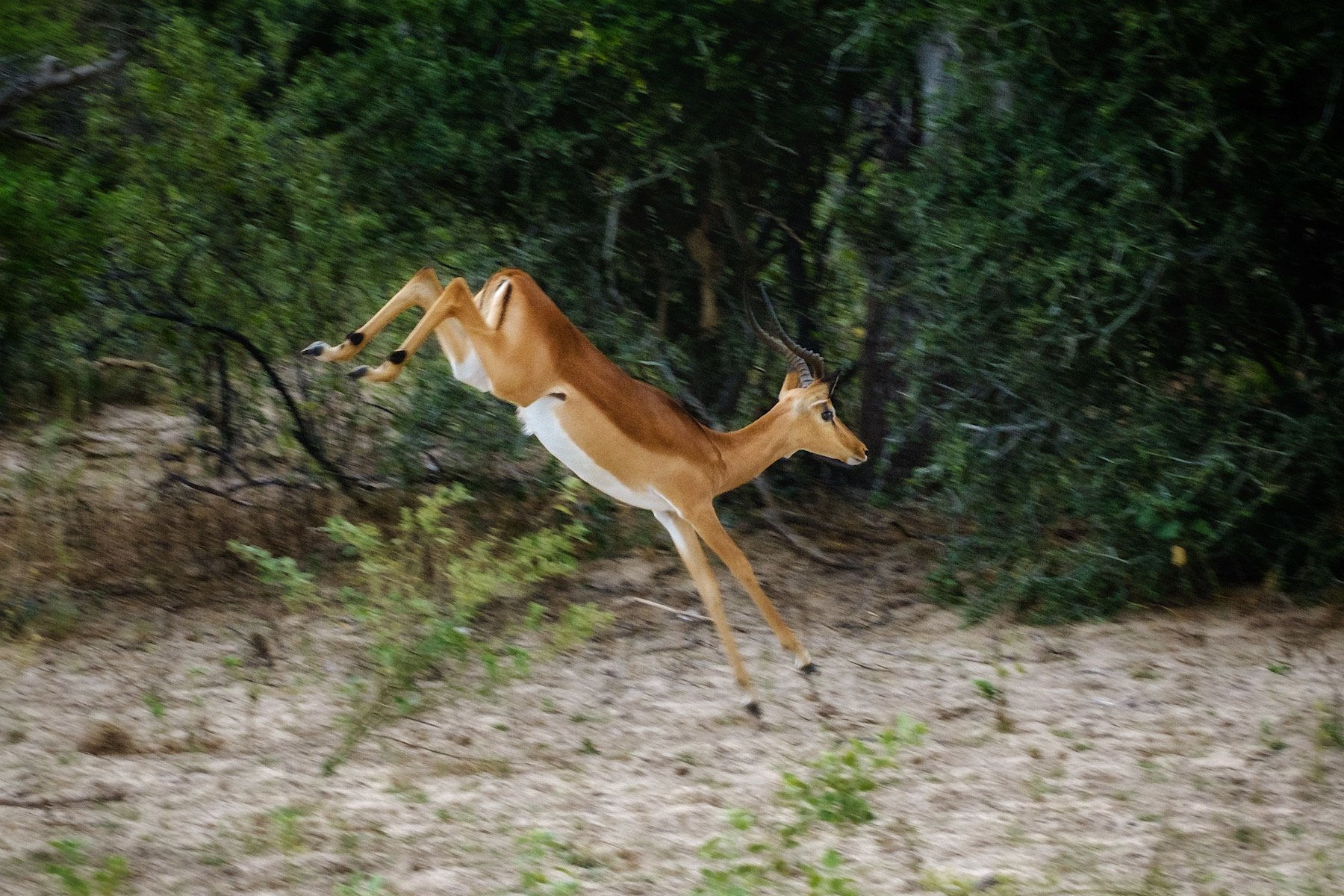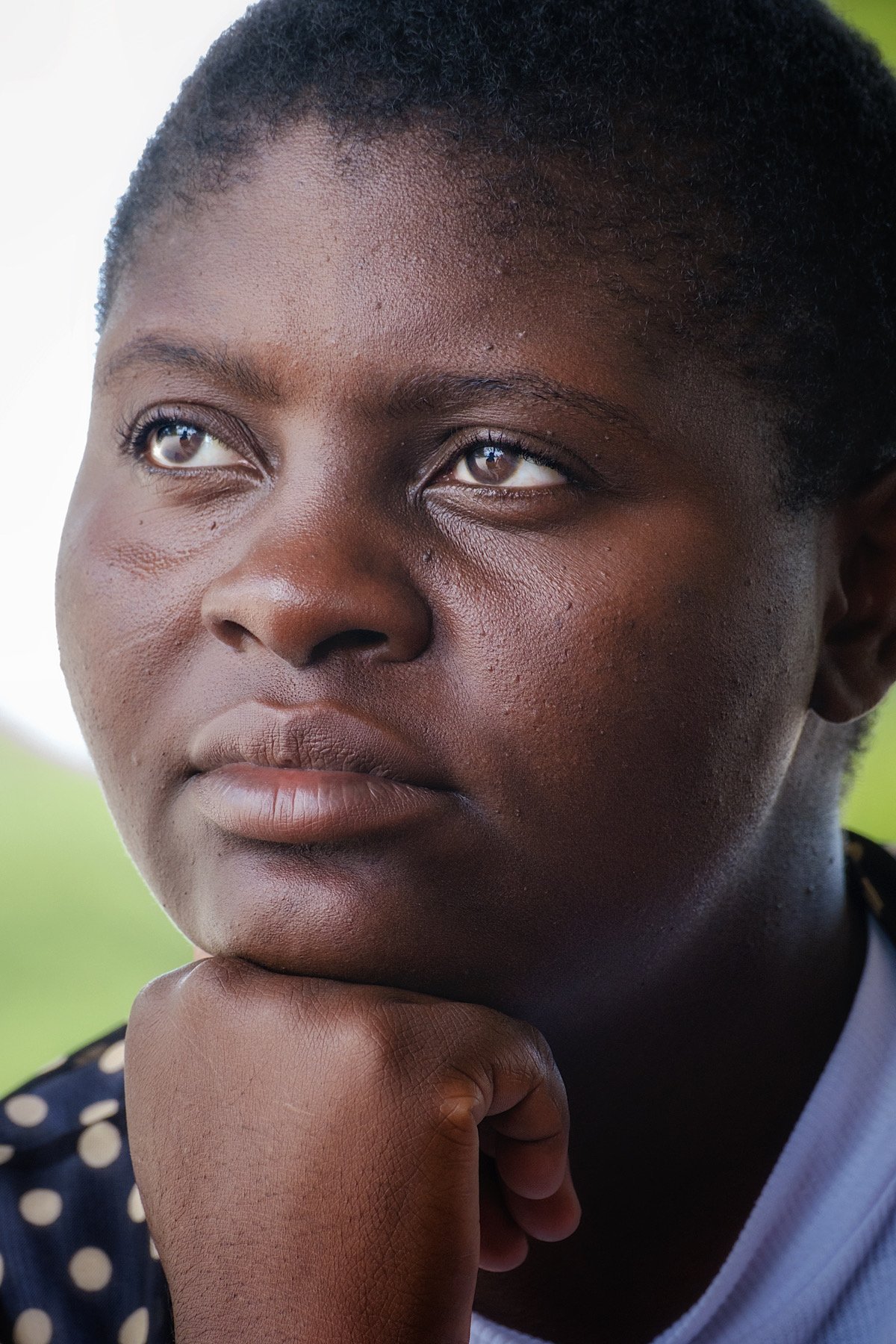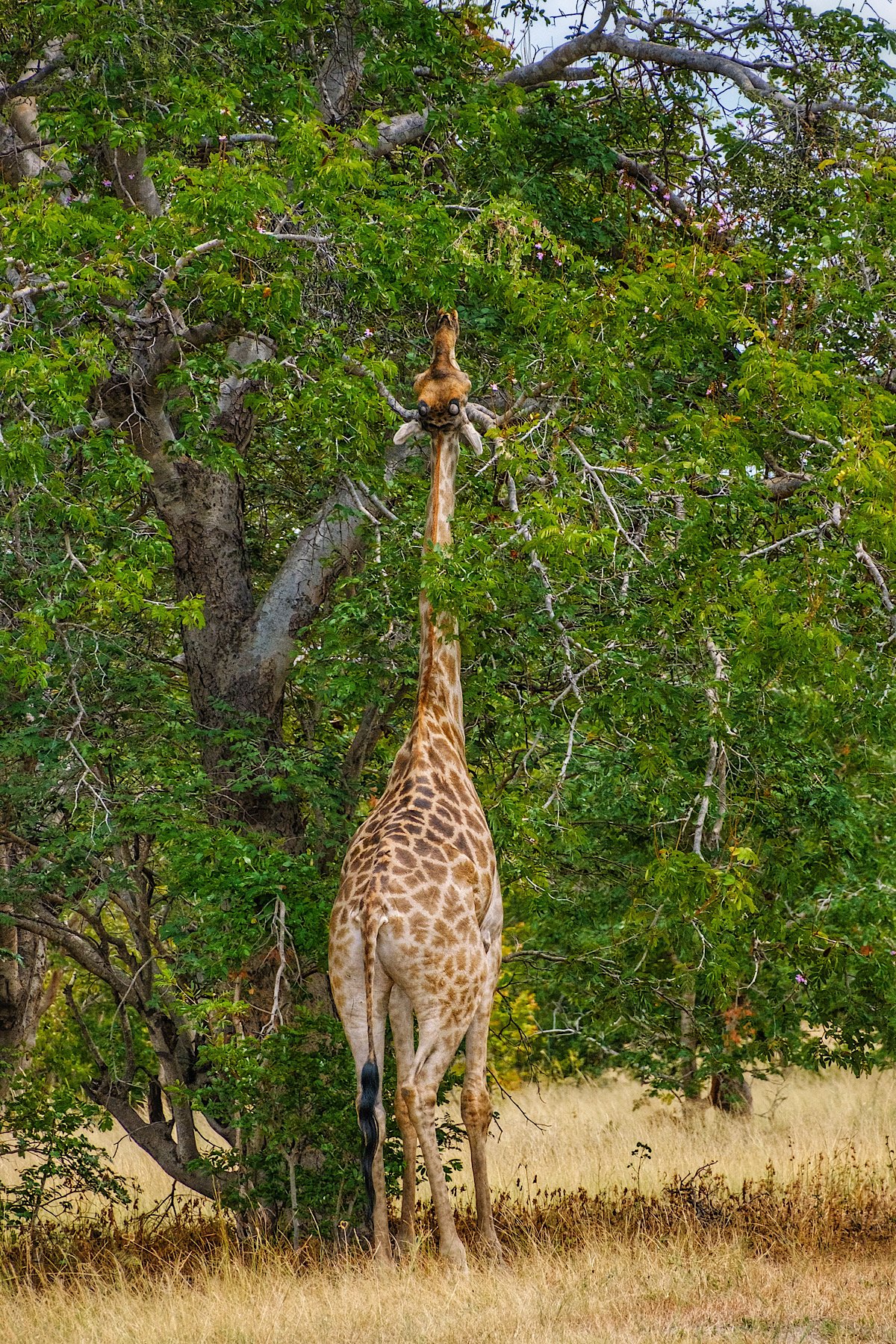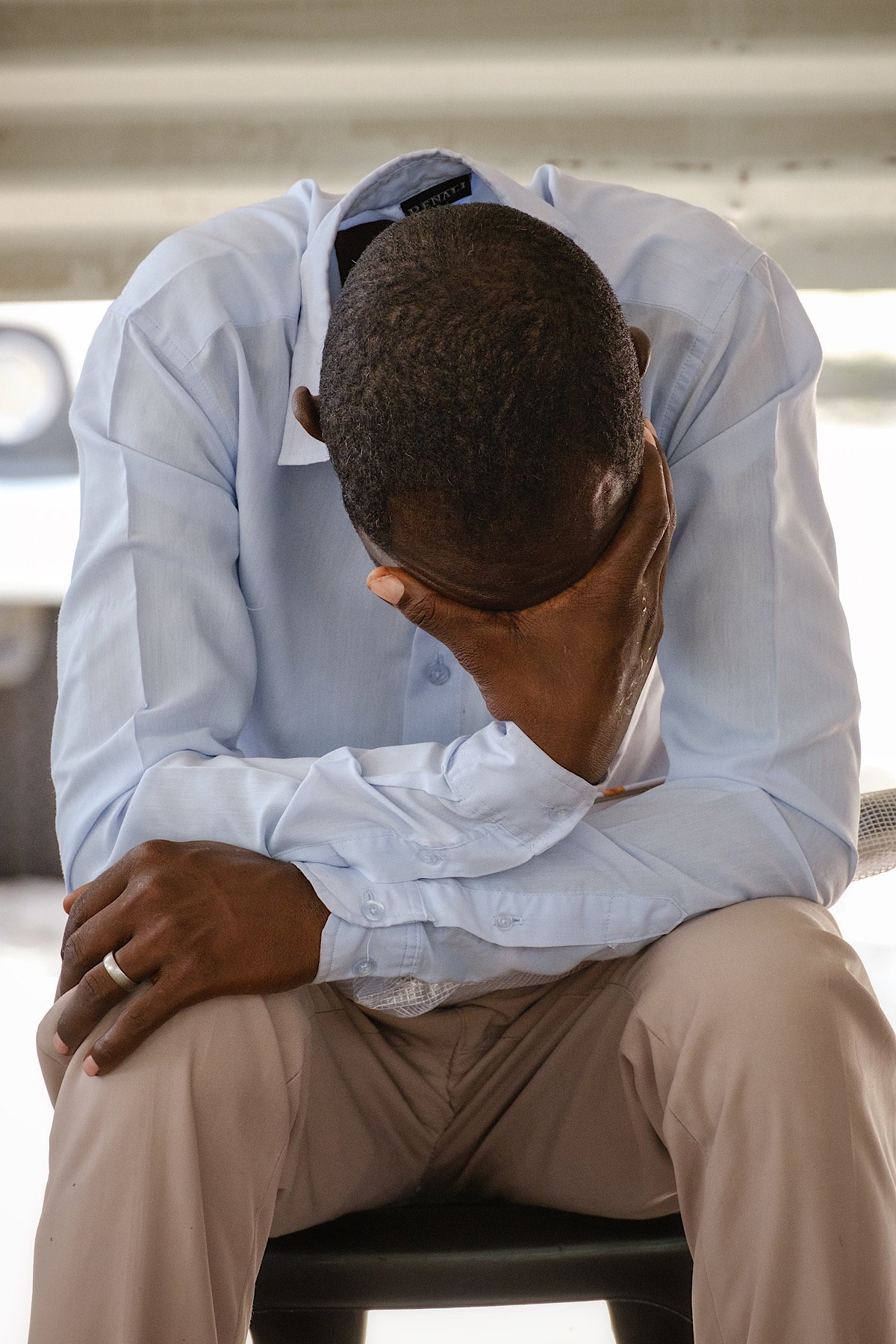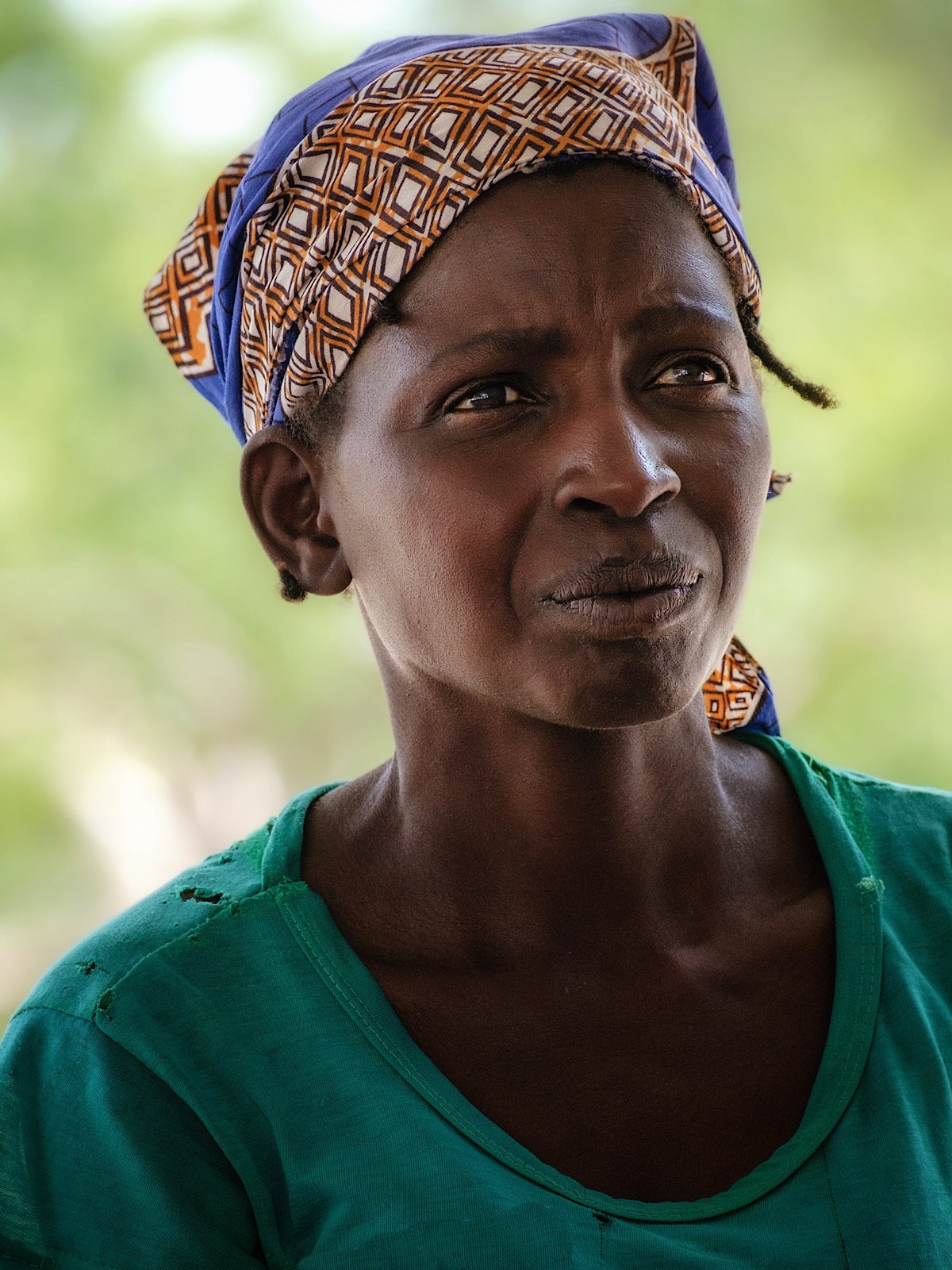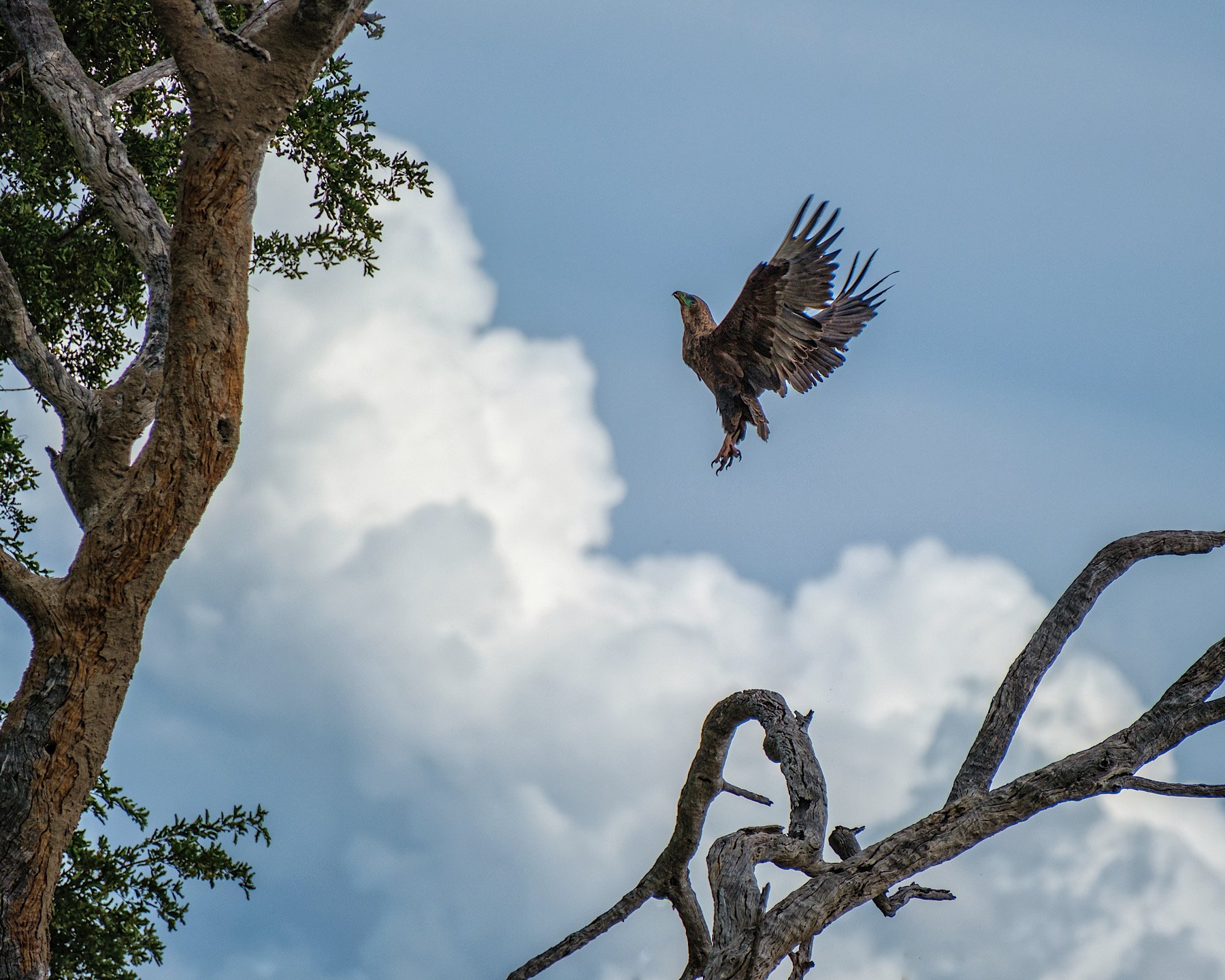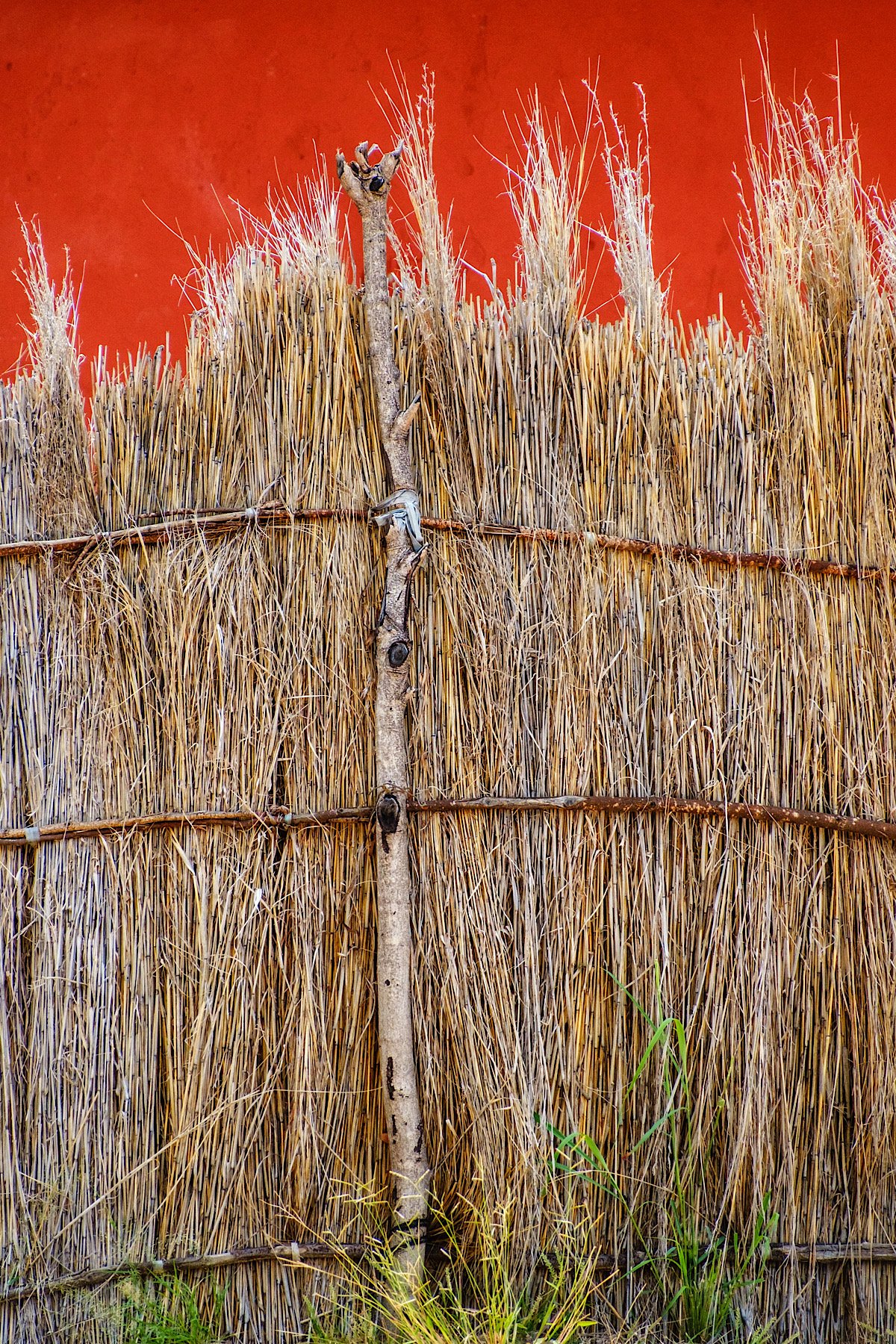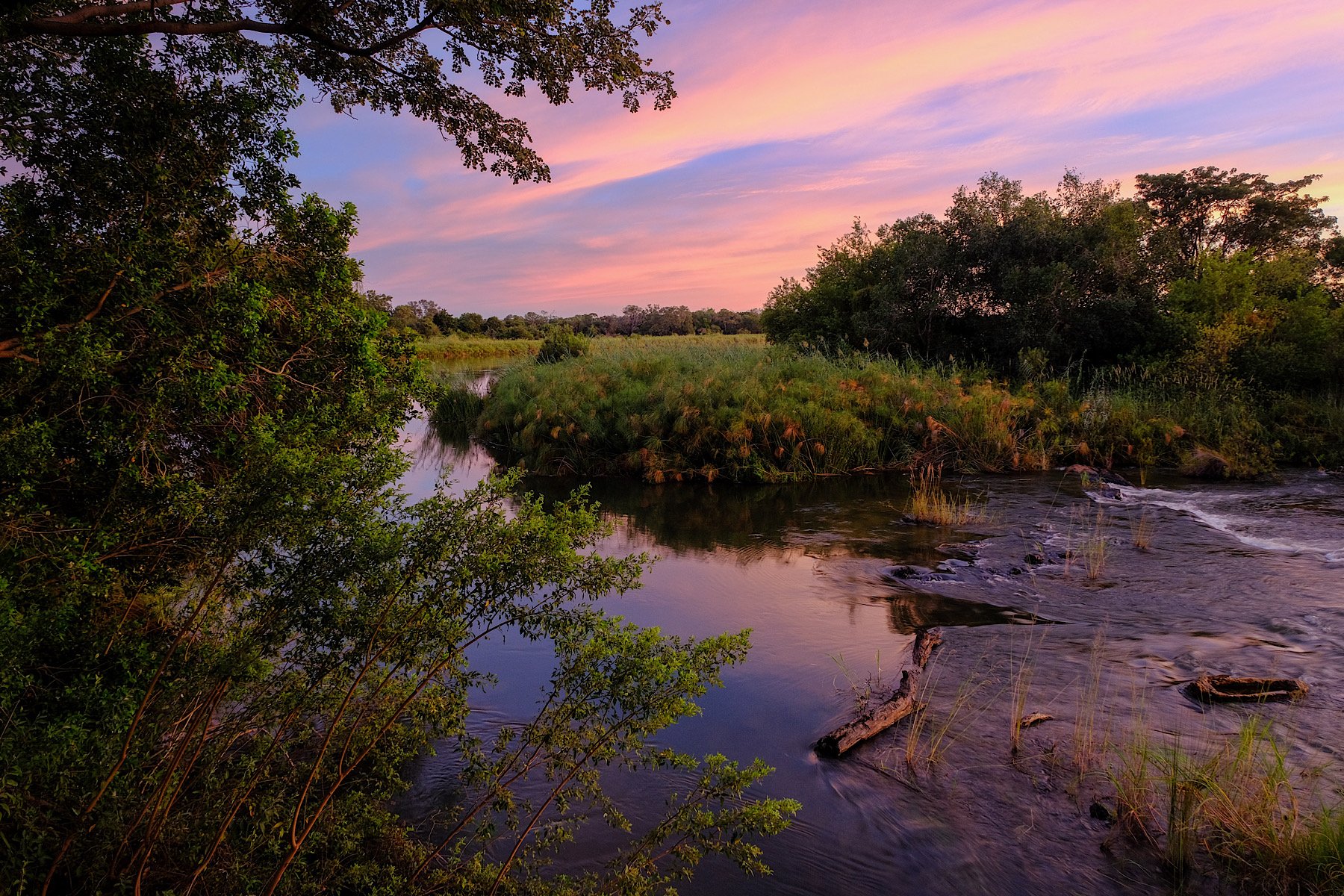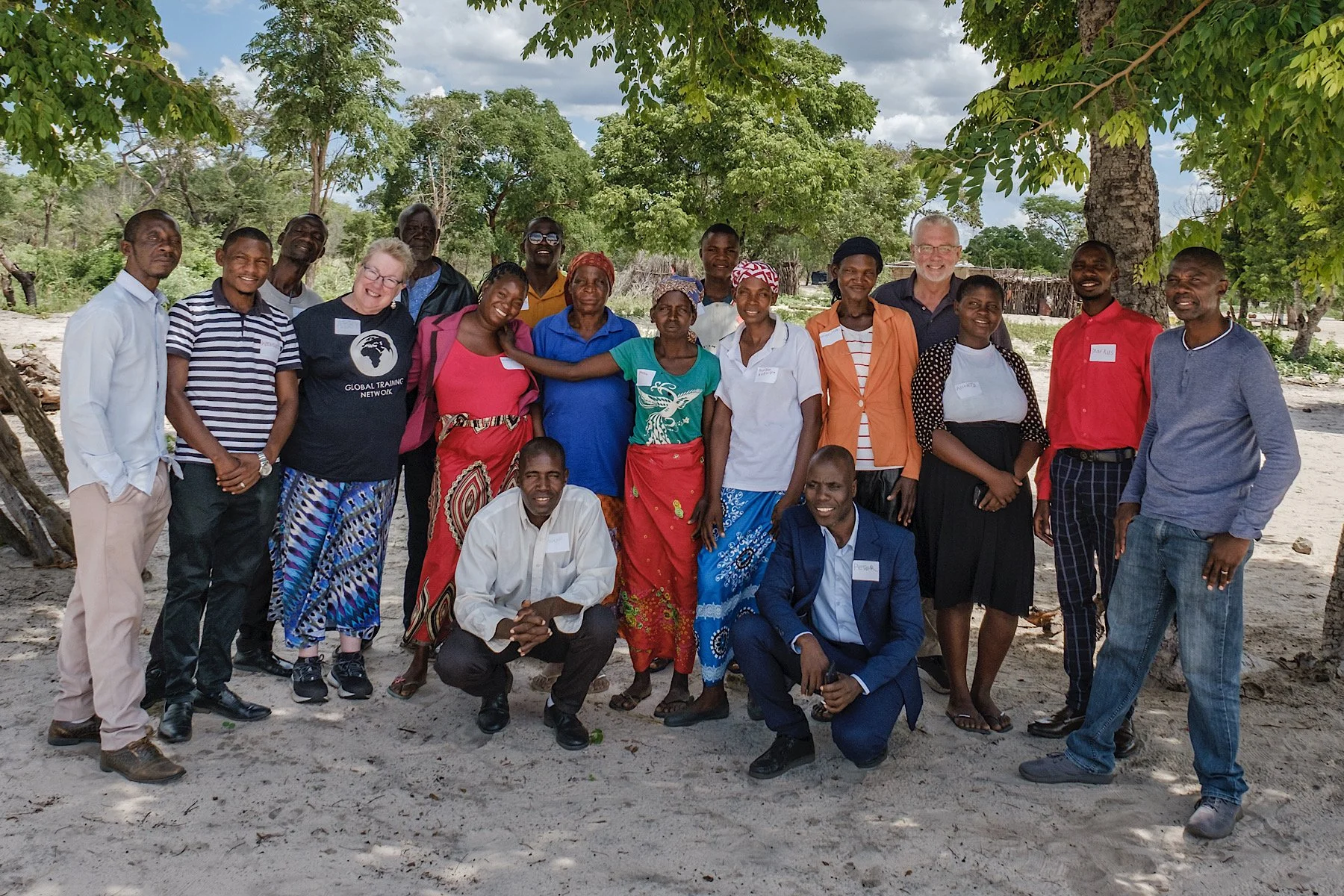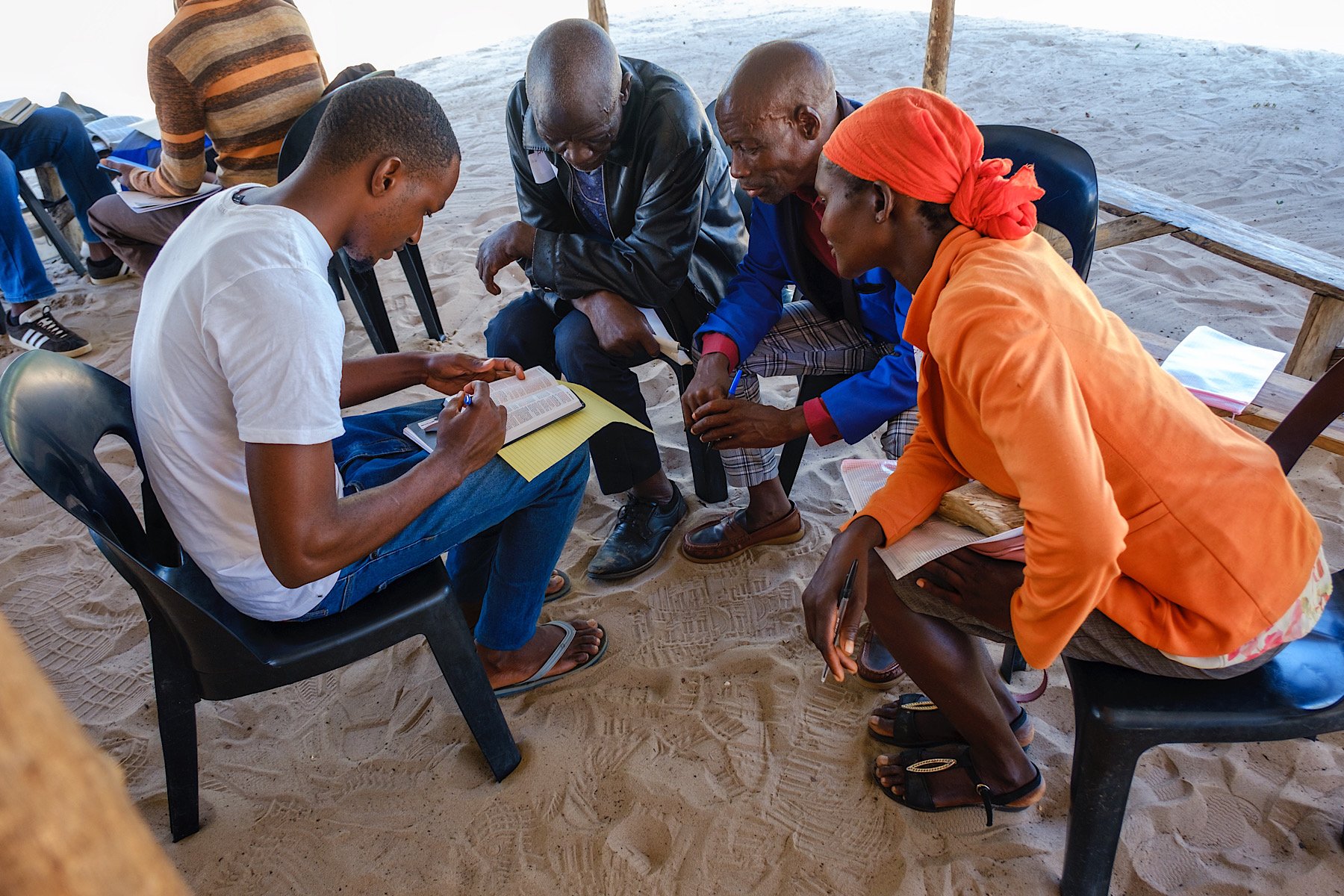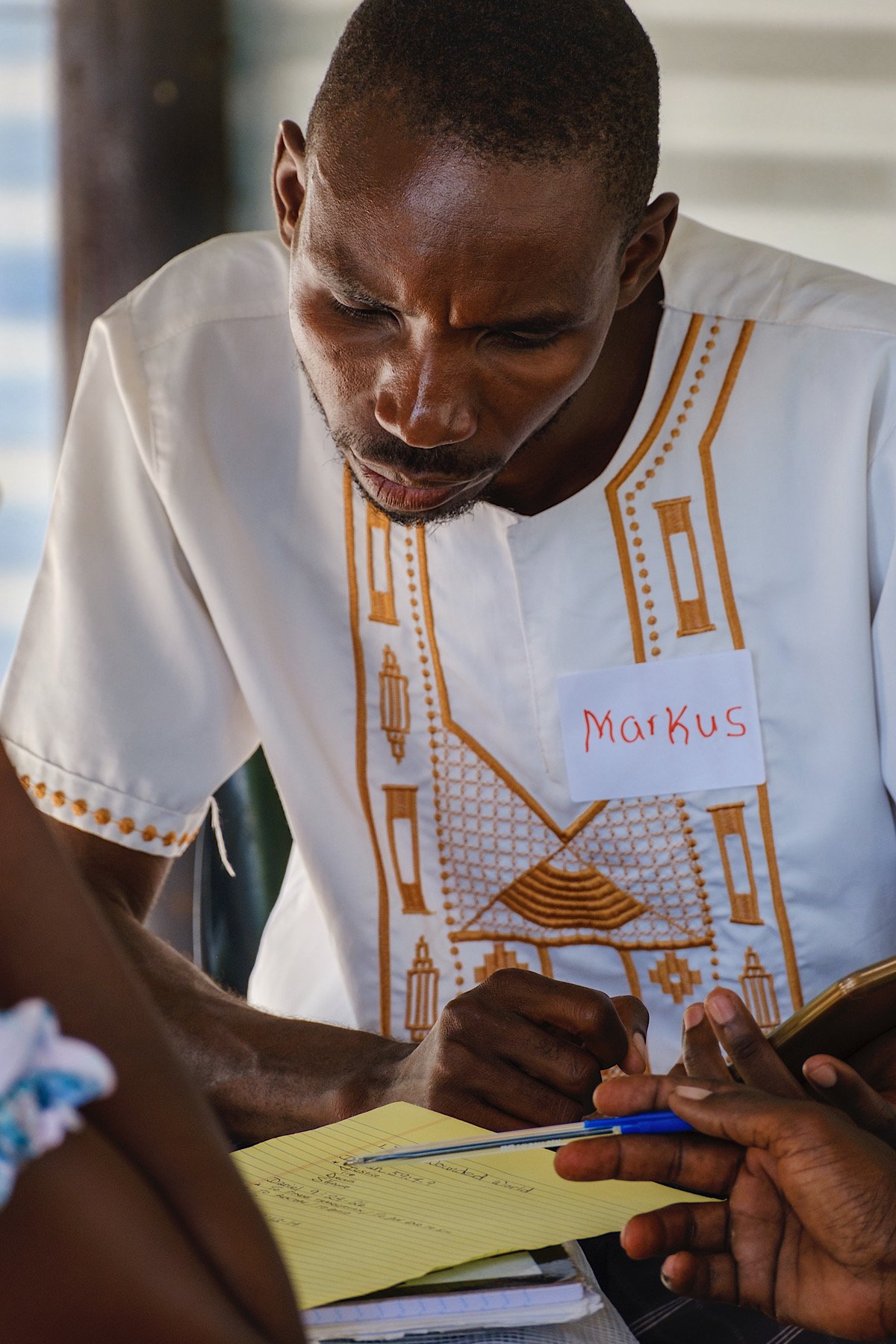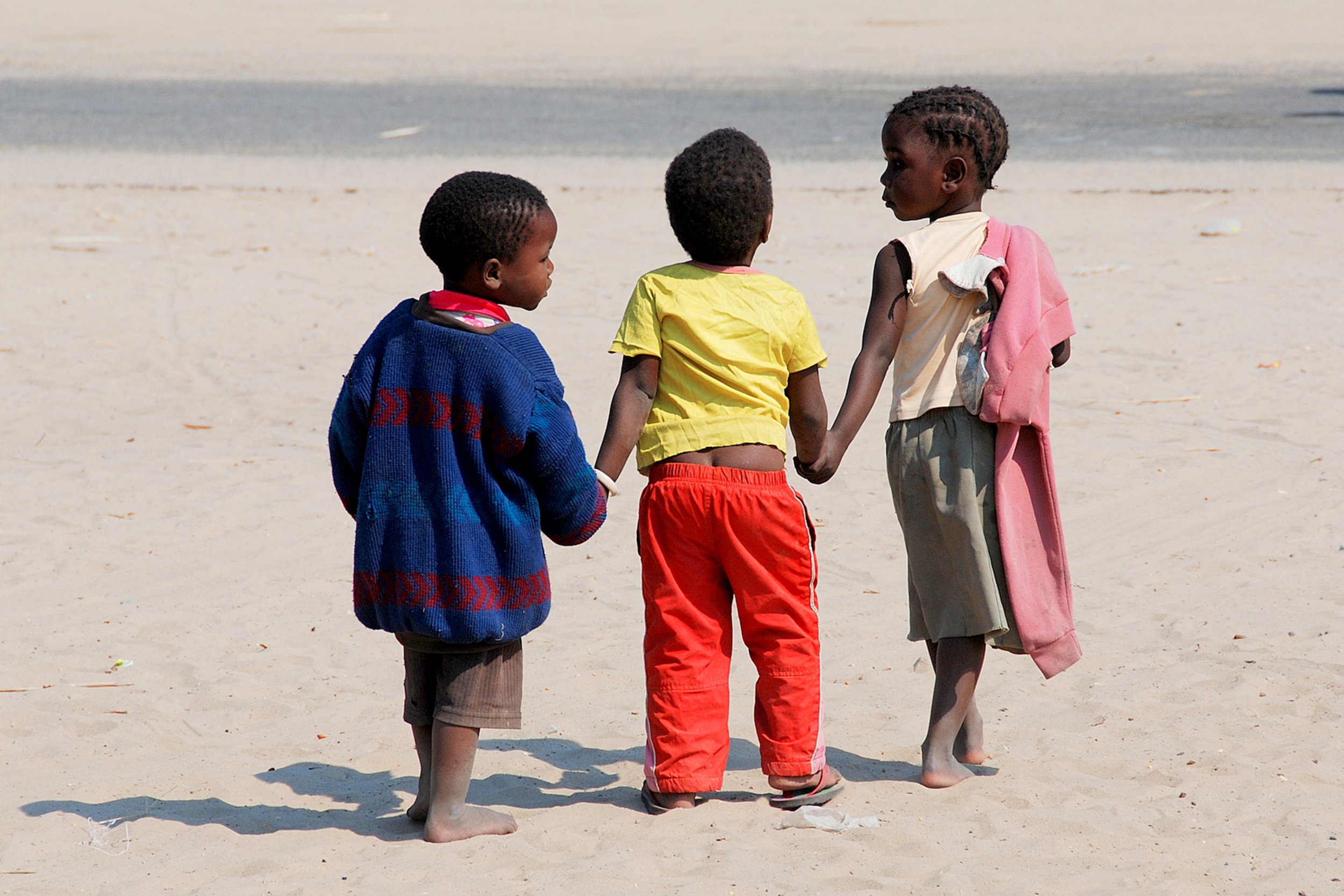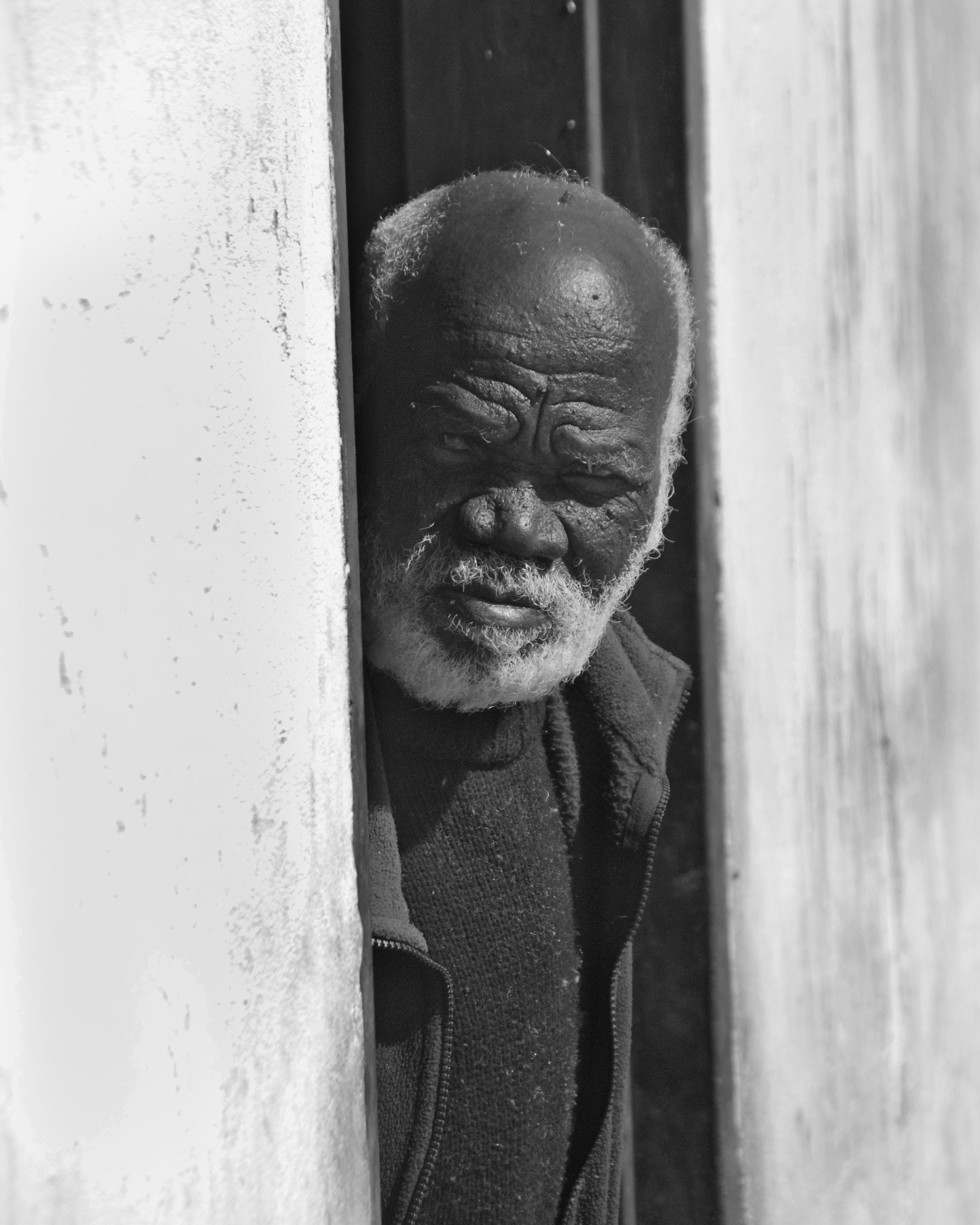What's the latest?
Reentry
/We’re often asked which transition is harder, America to Zambia or Zambia to America. Truth be told, coming home from Zambia is harder because the jet lag is rougher for us moving west to east, and the noise and busyness of the U.S. feels a bit overwhelming after the relative quiet here. That doesn’t mean, of course, that it isn’t difficult to transition to Zambia. It is, although it’s far easier now than when we first began especially because of our deep friendship with Percy Muleba and his family, and our comfort level here. Percy says we’re 60% Zambian now!
Still, the contrast between our cultures requires a bit of adjustment, especially seeing the daily struggles our friends face in Zambia and Namibia. The drought has been very bad this year, and the maize crop has been lost because of the limited irrigation available. The heat has been intense, as well. When we arrived in Livingstone, daily load sheddings (blackouts) were in place with no published schedule, making it very hard for families and businesses without generators to plan and live. The exchange rate has skyrocketed so that the dollar is now worth twenty-five Zambian kwacha and nineteen Namibian dollars, inflation is high, and unemployment is raging. We just found out, for example, that the unemployment rate in Namibia is 47%! Yes, you read that right. We recently heard that one of our favorite former students, Beverly Inonge, has still not received a teaching position. She’s been waiting almost ten years if our math is correct. She’s married now and doing well, sharing the gospel daily through her small business, but…
In the midst of this, over and over again we find pastors and leaders who are very, very eager to the point of desperation to be trained. The desire for learning is intense, making it a joy to teach and a pleasure to build relationships with these men and women.
This year, we began by transitioning to a brand new Namibian community called Divundu where we began Phase 1 with a new group of pastors and leaders, eighteen men and women from several small churches. Thankfully, it went really well. The students were wide open from day one which was a bit unusual, small group breakouts were very productive, and great questions were raised about on the ground realities in their churches and community. We also enjoyed very meaningful conversations over dinner with two pastors and their wives, and our accommodations were lovely. We even had a couple of hours to take a short game drive one afternoon which was wonderful. And, the intense heat broke, dropping temperatures from the high 90’s to the mid to upper 80’s. Ahh…
This coming week, we are very excited because we have a social hour planned with the teachers at the Khwe community school in Chetto on Monday. We’ll return on Wednesday to sit in on some of their classes and then follow up with them on Friday. Our goal is to build relationships with these fourteen teachers, two of them Khwe, as we continue to pursue the Lord’s leading in how we might encourage these teachers who are on the front line, and possibly make a difference in this desperate community. The unfolding of God’s plan for us in the Khwe community has been slow, but we are definitely moving forward. Please pray for us!
Today, we worshiped at our friends’ church and Doug preached on discipleship from the first chapter of John. Pastor Jack and Kalenny have warmly welcomed us through the years and we so enjoyed being with them. It’s always a joyful privilege!
As always, we are deeply grateful for you, for your partnership in our mission and your prayer support. Without you, we would not be here. We remember you in our prayers. Thank you! And remember, where we go you go!
Divundu Phase 1 (L to R): Blasius, Wensel, Joseph, Albert, Hendrina, Cornelius, Joseph (kneeling), Adonia, Patricia, Marthin, Augusta, Peter (kneeling), Angeline, Annety, Markus and Pastor Jack
The Divundu students really engaged during their small group breakouts!
We were pleased to have five women and twelve men in our class.
Pastor Jack and Kalenny discipled now Pastor Markus and his wife, Belinda, for three years in Katima Mulilo. Markus and his wife are now planting a new church in Divundu. He was an excellent convener!
What a sunrise view from our lodge room!
“That’s normal here.” Missionary in Zambia
/“There is no poverty in the United States.” So said our dear friend, Percy Muleba, during his first trip to the USA in 2012. He’d just been driven through the projects in Charlotte, NC where he saw cars, air conditioning and cable TV at every apartment. Of course, he knows there are individuals in the U.S. who are poor, sick, broken. But, when you grow up in a village of mud huts eating the corn meal scraped from the mill floor and have no shoes for school, well, you get the idea.
In 2023, the poverty level in the U.S. for a family of four was $30,000. The average per capita income in Zambia is about $1500 per person, including all strata of society. That’s about $6,000 per household, including the doctors, lawyers, chiefs, IT specialists, politicians, diplomats, etc. In the bush villages, it’s far, far less than that, of course. And, currently, the Zambian kwacha is worth 1/25 of an American dollar or 4 cents. So, you see, Percy was right. We have no poverty in the United States. Not really. At least not in comparison to a typical Zambian village.
Some years ago, I was visiting such a village, and was walking around taking photographs. It was a beautiful day, with blue skies and temperatures in the low 80’s. I could hear the happy sounds of children playing. After an hour or so, I couldn’t help but notice three children, two girls about five years old and a little girl about two or maybe three years of age. They were beautiful children.
Suddenly, and without warning, the littlest girl pulled up her skirt and began to do her business in the middle of a sandy area. Surprised, I couldn’t help but look, although I wish now I hadn’t because bloody and yellow diarrhea flowed from her like a river. It was brutal. Her older friends waited patiently, almost casually, until she finished. Then they all walked off together to continue playing as if nothing had happened.
Shocked, and concerned that she was very sick, especially since the HIV infection rate among kids was climbing at that time, I tracked down a dedicated missionary from the West whom I had gotten to know and liked very much. Very worried, I shared what I had observed. The missionary listened, and then said in a matter of fact tone of voice, “Oh, that’s normal here,” and then just looked at me. “Nothing to be done, then?” I replied. Sadly, she shrugged her shoulders and that was that.
I’ve thought about that little girl a thousand times since, but I’ve thought even more about the missionary’s chilling words, “That’s normal here.” Now, don’t get me wrong, I don’t stand in judgment of that missionary who was living in the midst of a truly overwhelming health crisis, except to say that resignation to suffering at that level is never a good sign. I’ve known that feeling as a pastor from time to time through the years. Burnout can happen to anyone who works in obscene circumstances for too long.
On the other hand, and in her defense, there really wasn’t anything to be done, at least not then and there. And that little girl was one of many, very many. I often wonder if she survived. It’s unlikely.
So, what’s normal? In this fallen world, sickness and death are, in a very real sense, normal. The entrance of sin into the world due to our rebellion has complicated everything. See Genesis 3. Even Jesus pointed out that we will always have the poor with us this side of heaven. Still, I think about that little girl. And that missionary. And, I grieve.
And, I am grateful. Grateful for my warm home and full stomach. Grateful for the privilege of knowing so many amazing Zambians and Namibians who faithfully push on through grinding poverty. Grateful for frontline missionaries who pay the price for years. And, grateful for those three little girls who awakened something in me that has never died, a deep awareness of my own brokenness. And, my blessings. And, the Cross. The Cross. And, above all, the empty tomb and the promise of Jesus’ return in history to make all things new.
Then I saw “a new heaven and a new earth,” for the first heaven and the first earth had passed away, and there was no longer any sea. I saw the Holy City, the new Jerusalem, coming down out of heaven from God, prepared as a bride beautifully dressed for her husband. And I heard a loud voice from the throne saying, “Look! God’s dwelling place is now among the people, and he will dwell with them. They will be his people, and God himself will be with them and be their God. ‘He will wipe every tear from their eyes. There will be no more death’ or mourning or crying or pain, for the old order of things has passed away.” (Revelation 21:1-4)
This Easter, may the truth and hope of the resurrection of Jesus remind us that this same Jesus will one day return in history to make all things new!
“This is my body given for you.” Luke 22:19
/When you first begin to travel, you think it's primarily about where you're going, and the sights you'll see. And it's certainly possible to travel that way. But, I'm married to Abby who's taught me that it's not primarily the sights, although Victoria Falls and African Elephants are spectacular, that are at the heart of the travel experience. It's actually the people you meet that leave an indelible imprint, especially the people with whom one moves beyond hospitality to reception, from politeness to genuine relationships.
Mr. Chihanna was one of those who welcomed me and kindly opened himself up to me as we talked about his work as a Physician Assistant at the mission hospital and his leadership at the twice weekly chapel services held there. Those services were marked by his warm, personal faith and the devoted commitment of the worshippers who gathered early before their morning shift started. It was a pleasure once to be asked to preach there, and I cherish that memory.
But it was his work with Kandiana, the small compound on the hospital grounds which housed some homeless men and women from the surrounding villages that drew my intense interest. They were a ragtag group to be sure, mostly older, but not all, some facing mental or physical disability such as blindness or final stage diabetes, but others simply suffering the ravages of very old age with no family to care for them. Each had his own small sleeping quarters, but all shared a common gathering area and outdoor kitchen. In short, they lived in community, supporting one another and welcoming the food, shelter, and friendship they thought they had lost forever.
One of my rare privileges was to be given the opportunity to photograph the residents at Kandiana, something which they really enjoyed. Not all were eager, of course, but most were, and several of my favorite portraits are of these lovely people whose community and dignity had been restored. Etched in the lines of their faces were years of suffering and joy, each line seeming to mark a memory of the precious life they had lived.
Mr. Chihanna and I once had the chance to talk at length about his work at Kandiana. I was particularly interested in how persons came to be there. He explained that there was an informal network among the villages in the hospital catchment area so that when he would visit a village with the traveling clinic, he would many times arrive already aware of a need. At that time, the culprit was often HIV/Aids which devastated whole generations, leaving the vulnerable without family members to care for them. Clans lost headmen, as well, and the village structure of care often became dysfunctional.
Thinking it must be overwhelming to juggle his multiple responsibilities, and in particular to deal with the difficulty of bringing a homeless person from a village to Kandiana and to integrate him or her well into that micro community, I asked, "Is it difficult when you find someone suffering and homeless in a village? Do you feel overwhelmed, at times?" Mr. Chihanna paused thoughtfully before tenderly answering, "No, it is not difficult and does not overwhelm me. You see, when I find them, it becomes my body."
As Mr. Chihanna said these words, I was reminded of Jesus' willingness to identify fully with us in our sinful brokenness: "This is my body given for you." (Luke 22:19) And, again: “He himself bore our sins in his body on the cross, so that we might die to sins and live for righteousness; “by his wounds you have been healed.” (1 Peter 2:24)
In a very real way, Mr. Chihanna was reflecting the sort of love Jesus has shown us on the Cross whenever he found and cared for the hurting. It was a natural, or rather supernatural, expression of his vital Christian faith and, as you might imagine, his compassion informed his whole life. This is how people knew him. It was who he was.
Abby and I are amazed at the incredible people the Lord has allowed us to know in Zambia and Namibia. And, while we love watching the elephants and crocodiles, and cherish sitting and absorbing the thunder of Victoria Falls, we have discovered that it is the people who are the true wonders of the world. Or, I should say that I have discovered this. Abby has known it all along!



